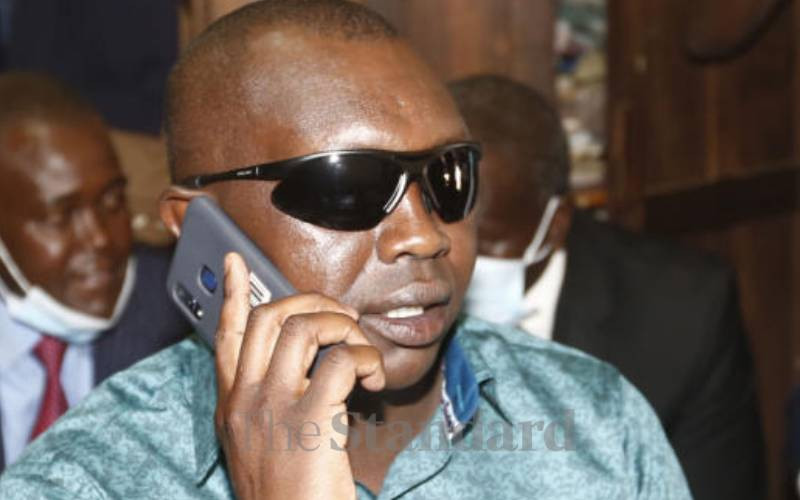×
The Standard e-Paper
Home To Bold Columnists

Confusion over correct names, shoddy investigations and use of photocopied certificates in court could have led to the acquittal of Kapseret MP Oscar Sudi from the charges of forgery of his academic papers.
On June 2, 2024, Chief Magistrate Felix Kombo freed Sudi, ruling that he had no case to answer.